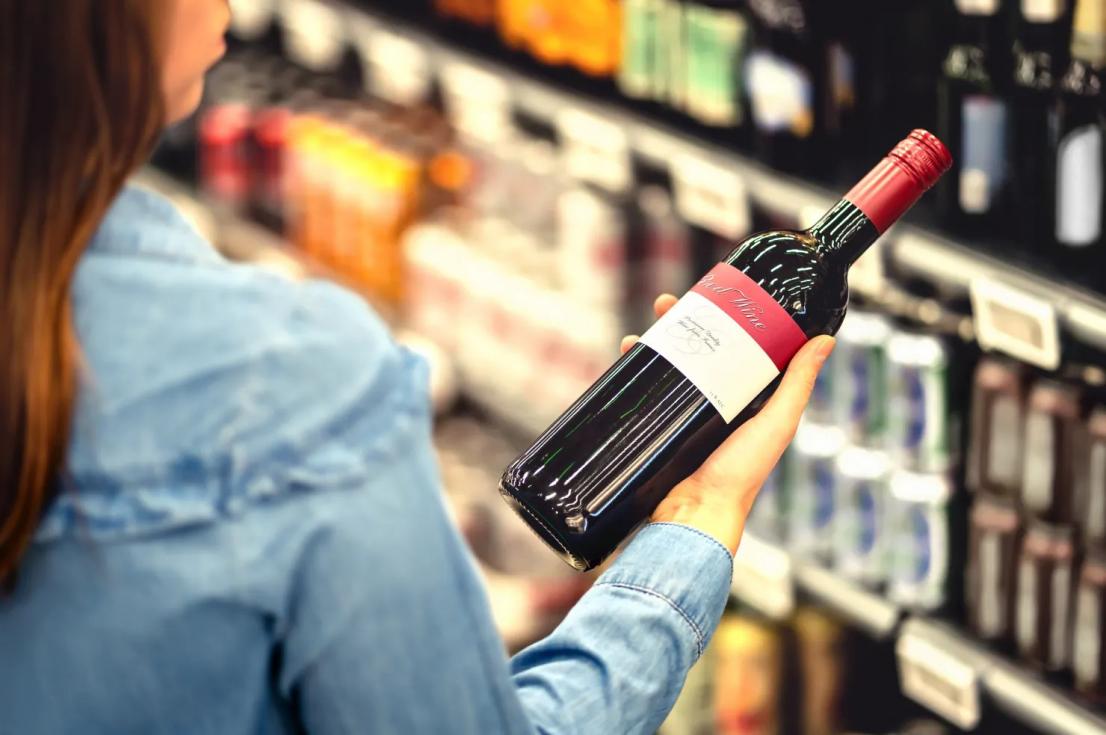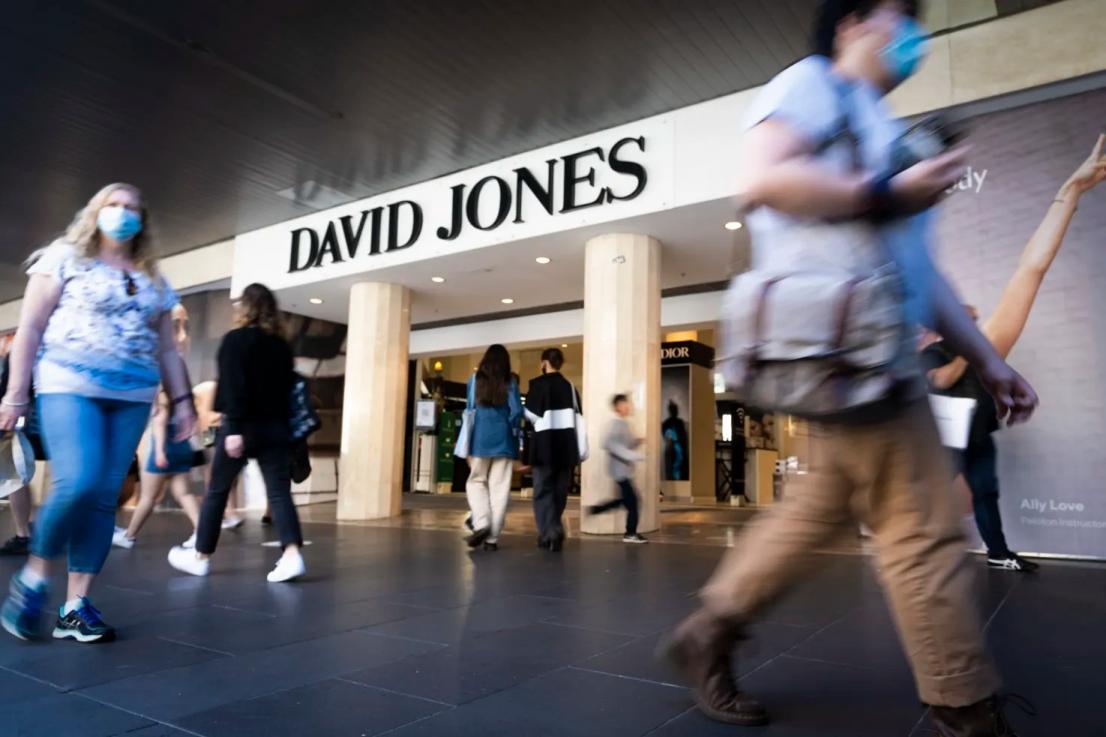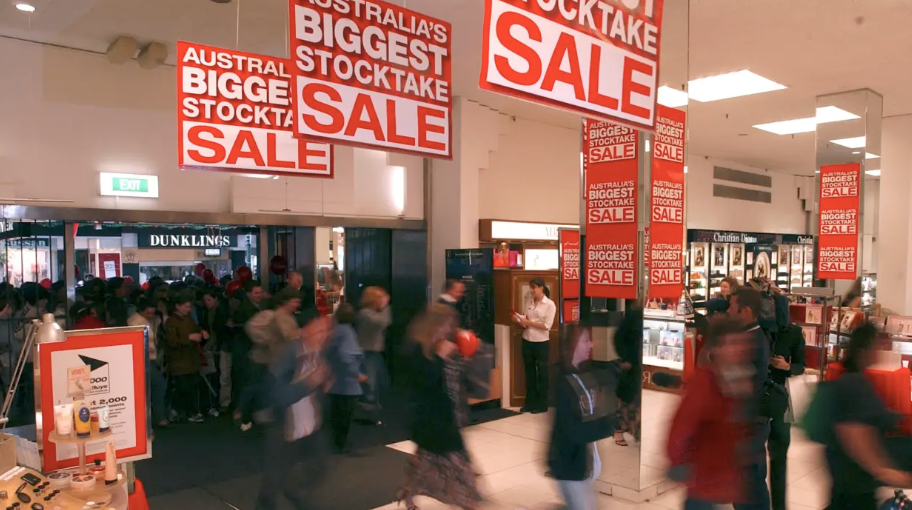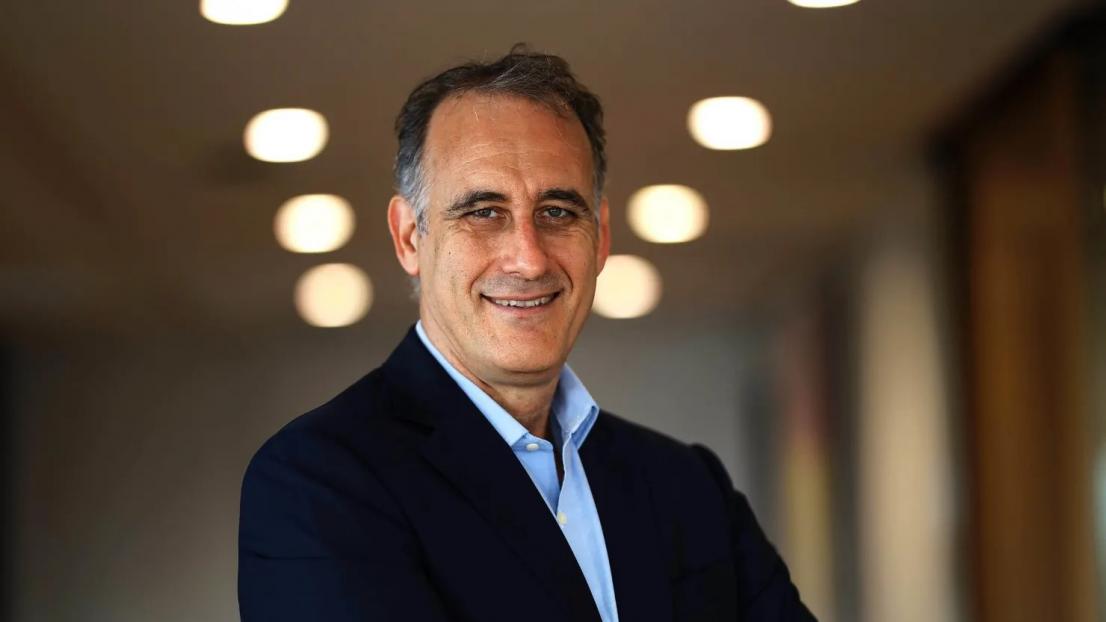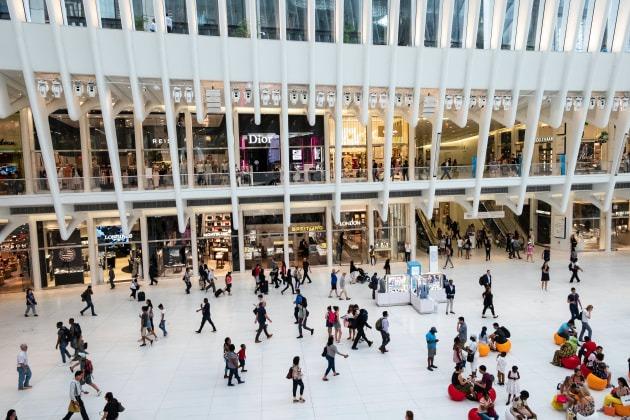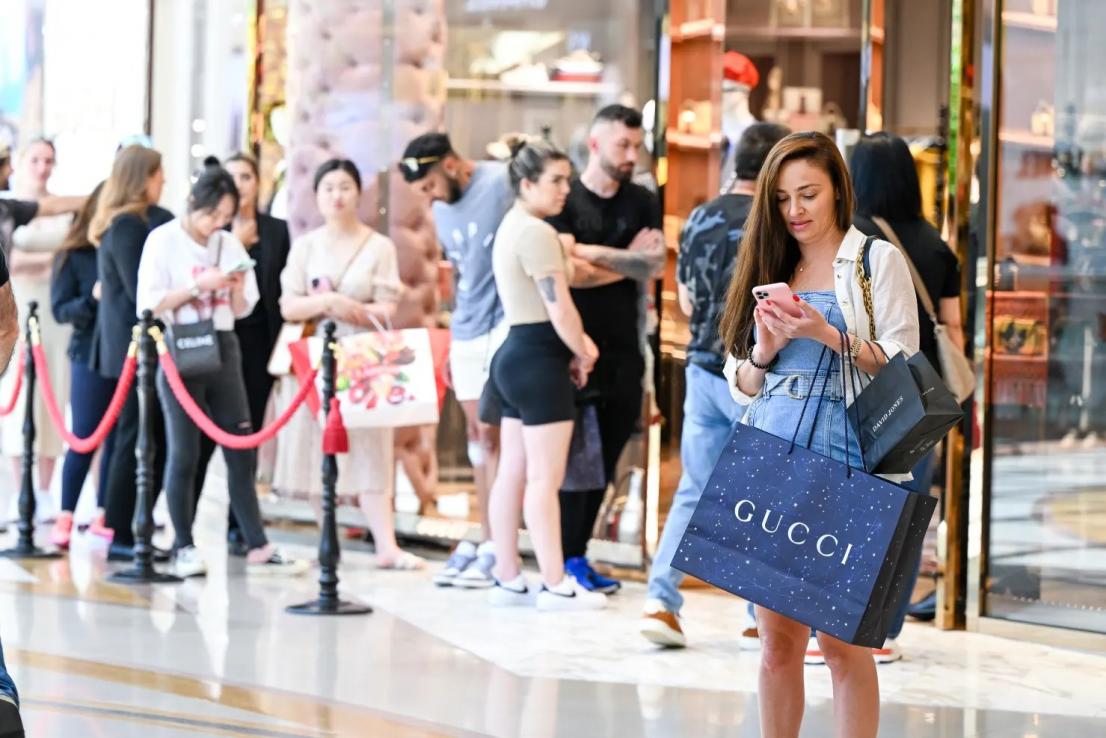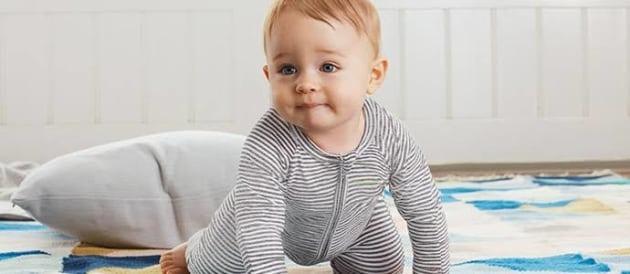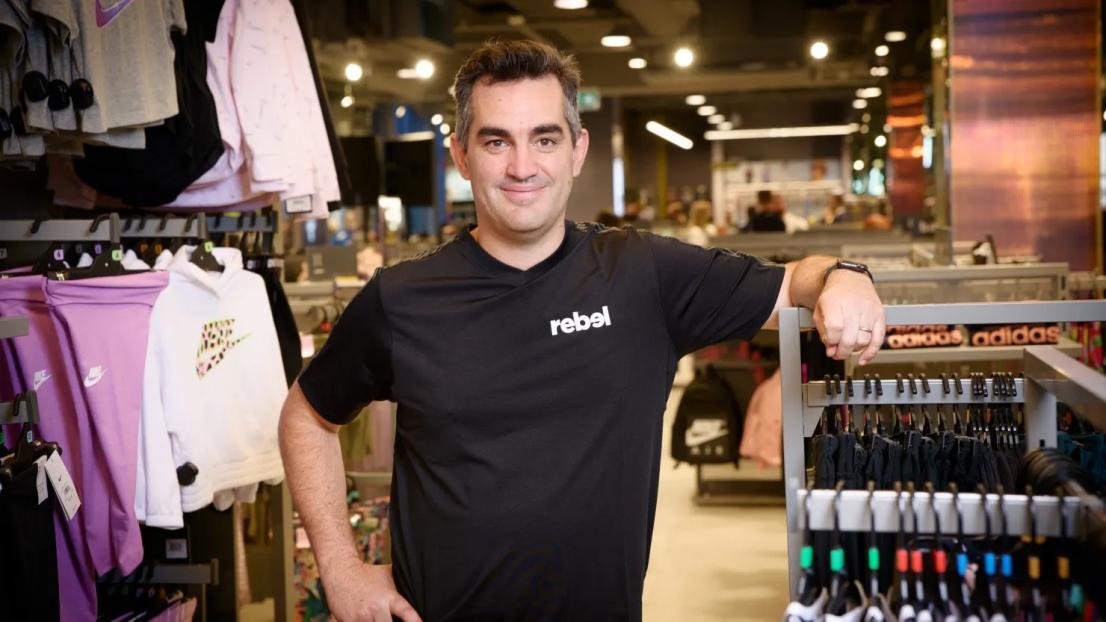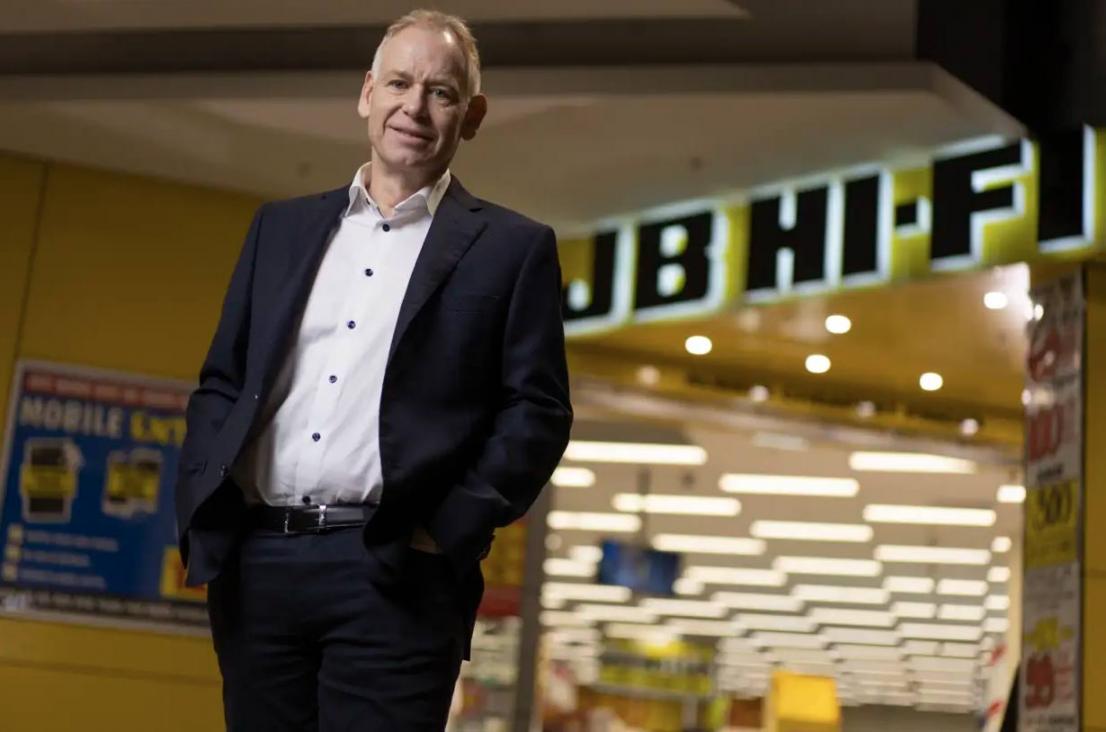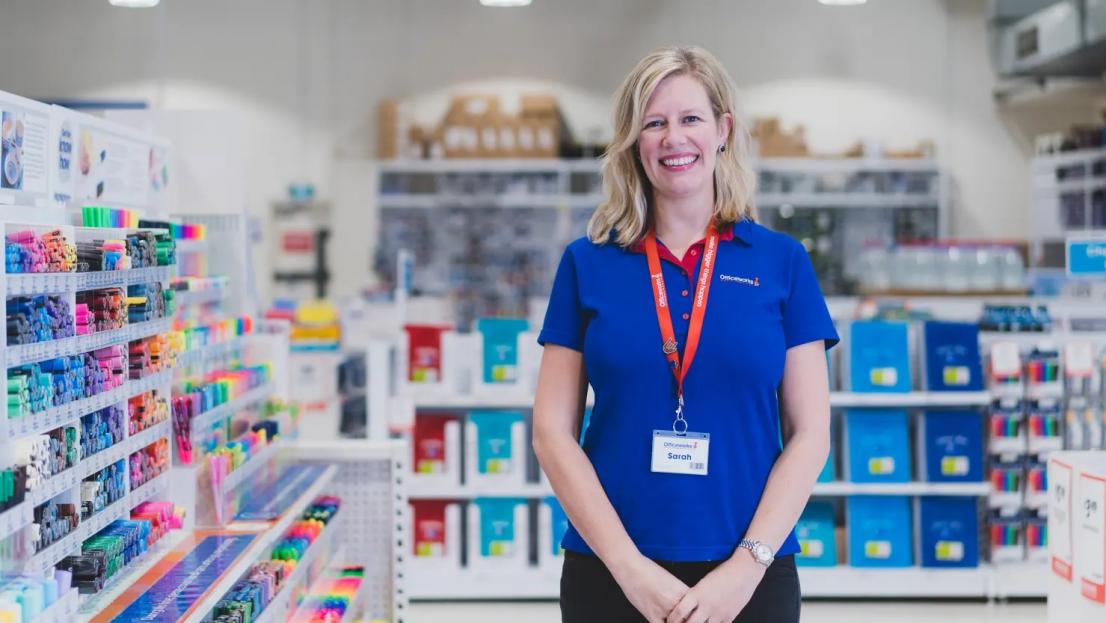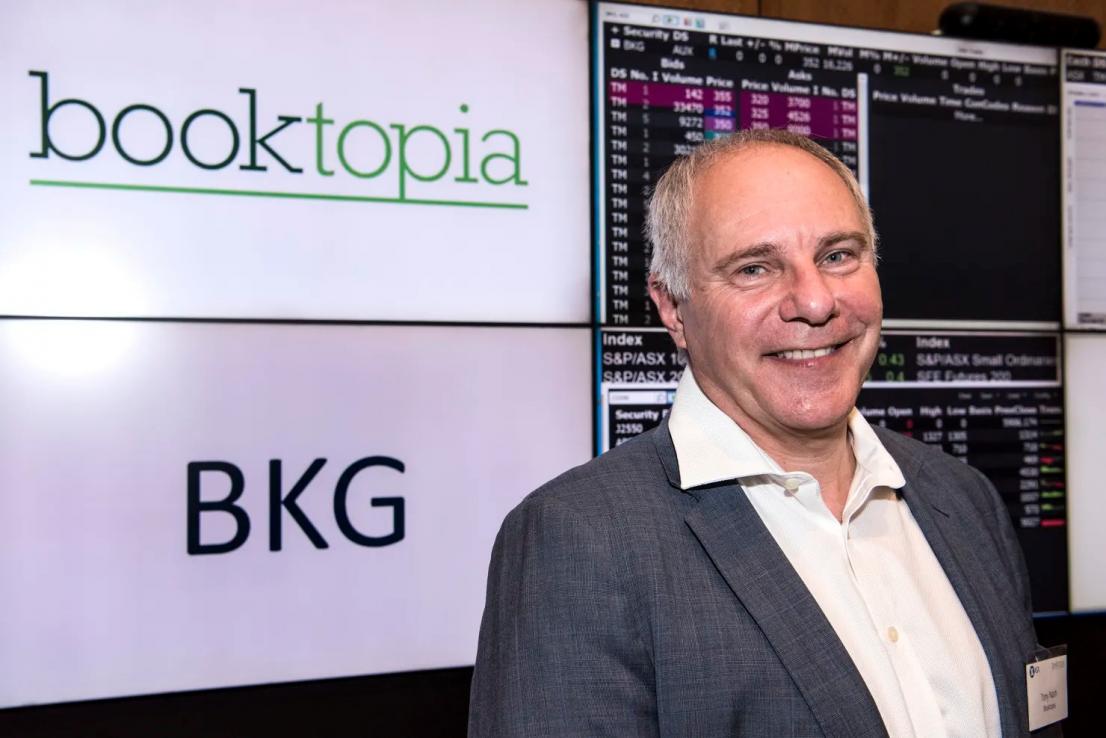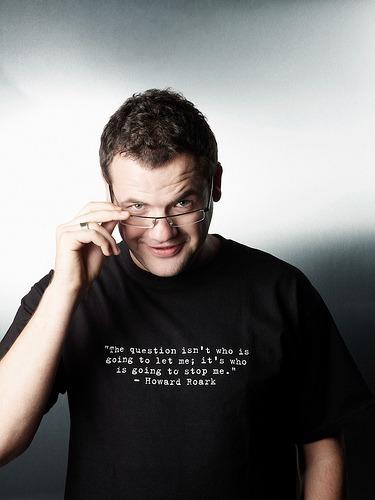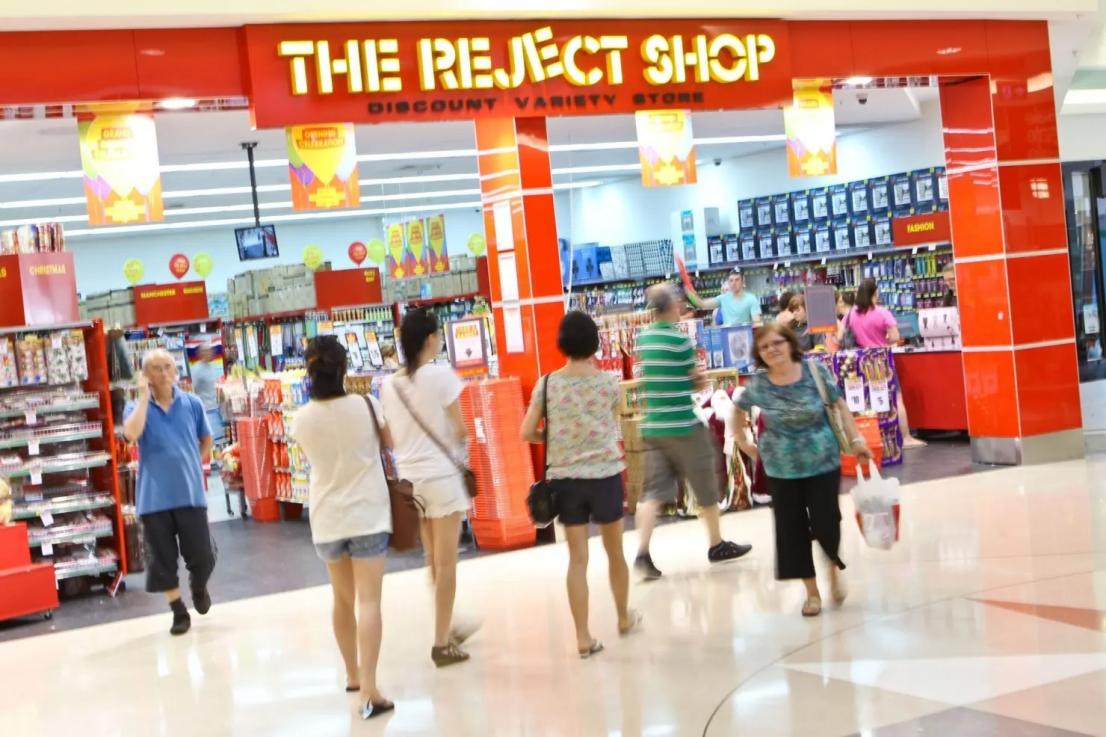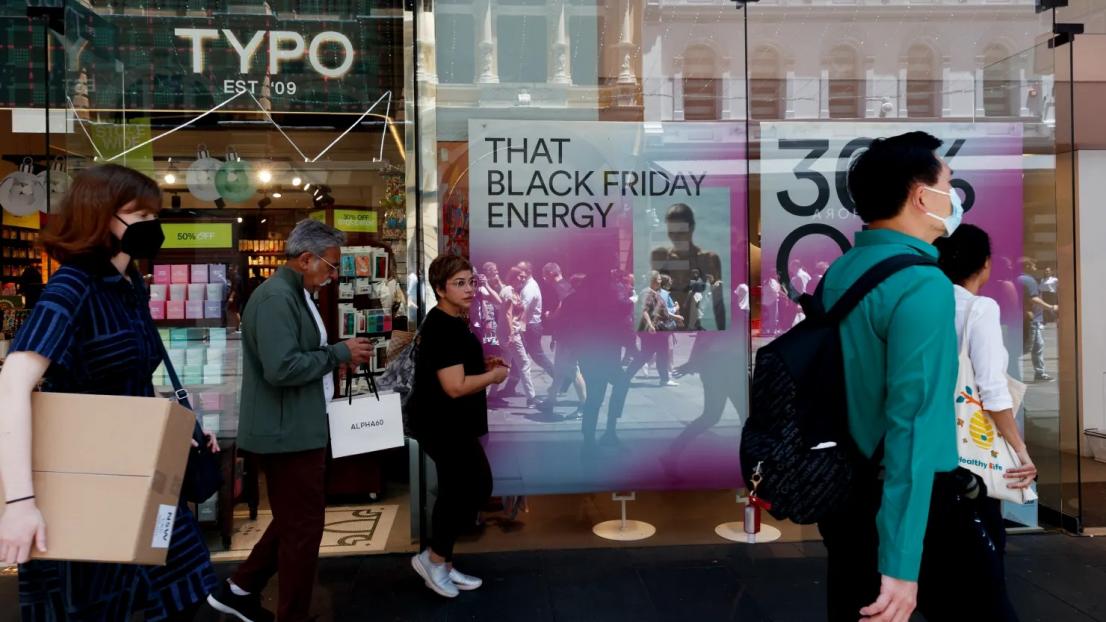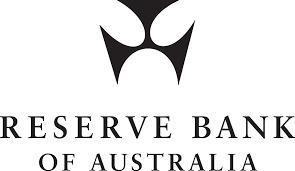
Australian retail sales rebounded in January as household spending defied inflation and higher borrowing costs, fortifying the case for the Reserve Bank to keep raising interest rates.
Interbank futures are indicating at least three more cash rate increases, taking the Reserve Bank to a top of 4.3 per cent by August, compared with 3.35 per cent now.
Importantly, they expect the policy rate to stay above 4 per cent well into 2024. Bond traders have sharply ramped up bets the central bank will raise the cash rate higher and keep it there longer, mirroring a trend in the US and Europe.
Retail sales rose 1.9 per cent in January after an unexpected drop in December, in seasonally adjusted terms. The figure beat forecasts for a 1.5 per cent gain.
The RBA has lifted the cash rate by more than 3 percentage points since May last year in the fastest tightening cycle in modern history to tame stubbornly high inflation.
Writing on the wall
On a real basis, meaning adjusted for inflation, sales are sharply weaker and losing momentum as interest rate rises continue to bite into discretionary spending, said Charlie Jamieson, co-founder and chief investment officer of Jamieson Coote Bonds.
“The biggest factor for the cash rate outlook remains the inflation outlook, but with weaker-than-expected wages last week, plus a rising unemployment rate and now weaker trends in retail sales, the rubber is meeting the road,” he said.
He believes the terminal cash rate is already in sight as the economy continues to cool, expecting a top between 3.85 per cent and 4.1 per cent. This would mean one or two more increases, a more dovish outcome than futures predict.
He argues that the lag effect of monetary policy is pronounced, and the rate increases that have been priced in for the early part of this year will not affect the economy until later this year or early 2024. “These long lags make it very likely that the RBA will over-tighten,” he said.
Financial markets ascribe a 92 per cent chance to the probability the RBA will lift the cash rate by 0.25 percentage points at its policy meeting on March 7.
Nomura concurs that the consumer is under pressure and that trend will become clearer in the coming months. In fact, he disagrees with market pricing suggesting the RBA will raise rates to 4.3 per cent: “That’s a little aggressive,” said Andrew Ticehurst, rate strategist at Nomura. In fact, he predicts the central bank will stop at 3.85 per cent.
He cautioned, however, that there is a risk it could be higher after Nomura last week upgraded its US Federal Reserve rate outlook. It is now tipping the Fed funds rate to rise to a 5.50 per cent to 5.75 per cent range, a full percentage point higher than where it currently stands.
Too soon
Analysts say it is too early to declare victory in bringing the Australian economy back into balance. Warren Hogan, an economic adviser to Judo Bank, argued that retail sales are dominated by goods retailing and after an extended period of strength through the pandemic, a period of weakness should be expected.
“It is way too early to be calling for a slump in consumer spending, particularly in light of the still strong labour market,” he noted.
“The reality is that Australians haven’t even started to substantially eat into their savings buffers yet, unlike the US and NZ,” said Mr Hogan.
He predicts the RBA will once again debate a 0.25 percentage point or a half a percentage point increase in April, with the cash rate topping 4.1 per cent by the time of the federal budget in May.
Key to consumption is services demand which is included in the national accounts data to be released on Wednesday.
The resilience in household spending is a reason analysts polled by Reuters forecast the economy grew a healthy 0.7 per cent in the December quarter, and 2.7 per cent for the year.
“A 1 per cent gain for the quarter would be a solid result and suggests the economy ended the year with quite a bit of momentum despite aggressive monetary tightening,” said Felicity Emmett, a senior economist at ANZ. She predicts a gain of 1 per cent in the December quarter, taking gross domestic product growth to 3 per cent annually.
The RBA projects the economy expanded 2.7 per cent last year, slowing to 1.6 per cent this year and next.
The Australian dollar bounced from a two-month low to US67.40¢. It has been hammered this month by a stronger greenback on speculation the Federal Reserve will have to do more to tame inflation.



